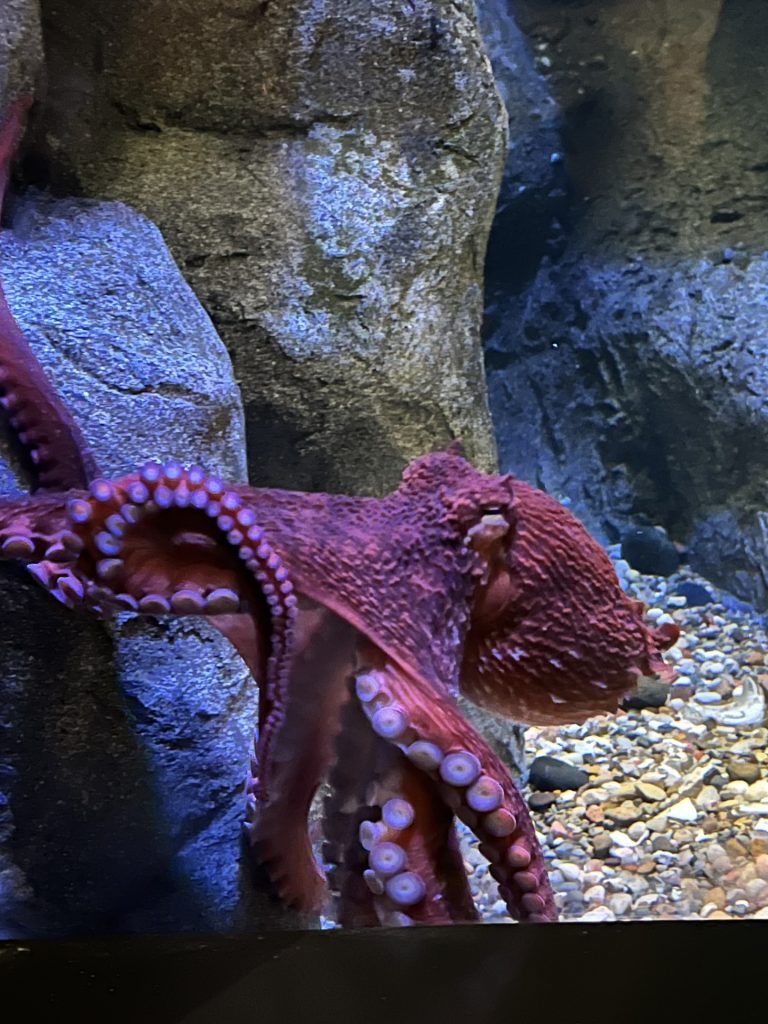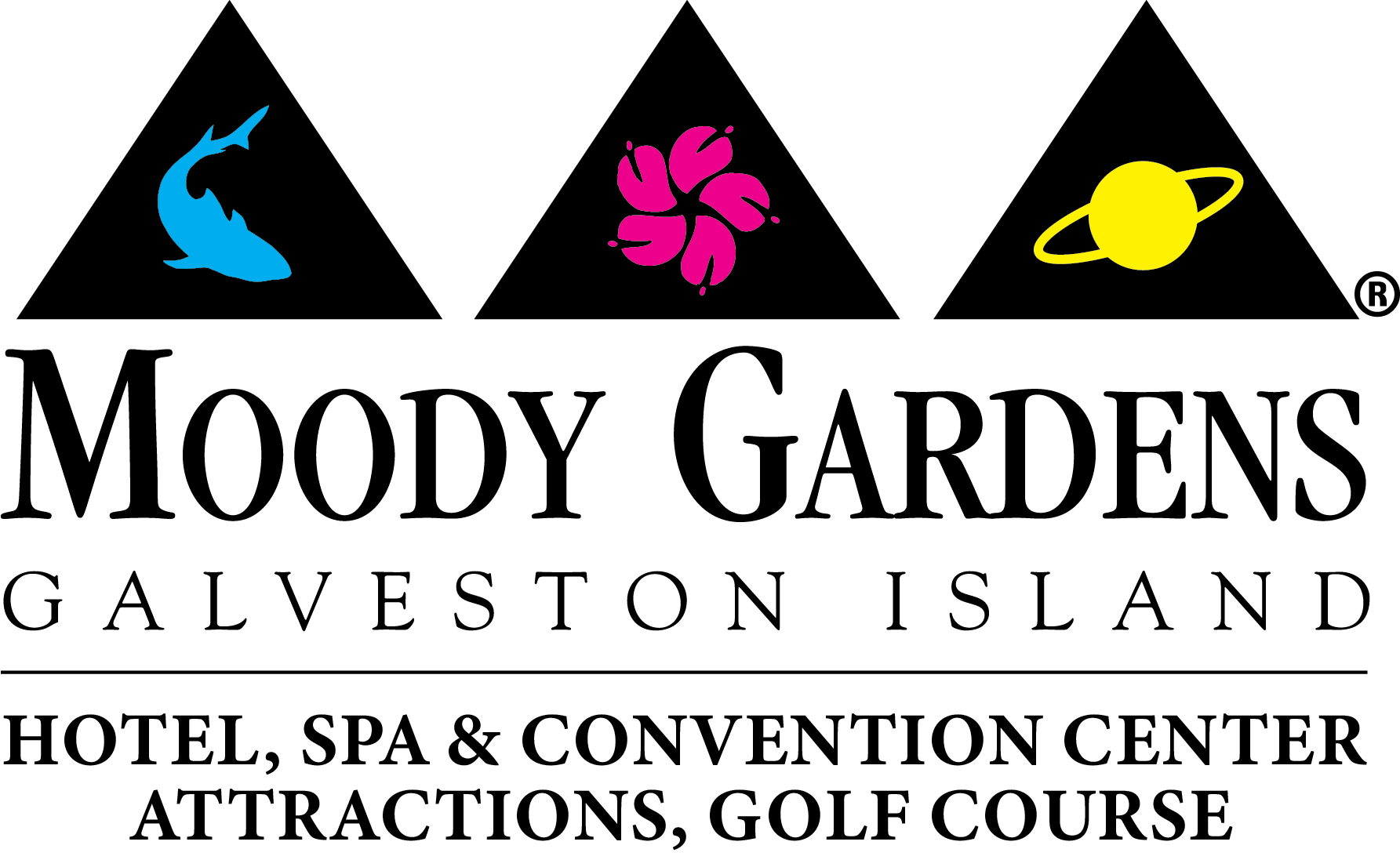
Our team is sad to announce the loss of our Giant Pacific Octopus, Ducky. Ducky was a mischievous little guy who loved playing with Lego and getting splashed with “rain” from a watering can. Recently, Ducky began to show the signs of senescence – a natural process at the end of an octopus’ life cycle. He will be deeply missed by his keepers and all the guests who enjoyed coming to the aquarium to see him.
The natural lifecycle process of senescence is marked by certain attributes and changes in behavior. According to the article ‘Octopus Senescence: The Beginning of the End‘ appearing in the Journal of Applied Animal Welfare Science,
“Senescence is a normal stage of an octopus’s life cycle that often occurs before death. Some of the following symptoms typify it: lack of feeding, retraction of skin around the eyes, uncoordinated movement, increased undirected activity, and white unhealing lesions on the body. There is inter- and intraspecific variability. Senescence is not a disease or a result of disease, although diseases can also be a symptom of it.“
Giant Pacific Octopus live in the North Pacific Ocean, in waters up to 2,500 feet deep and can be found from Japan to Alaska, even as far south as Baja California. Their typical lifespans fall between three to five years although, there are species of octopus whose lifespans can also be as short as six months. The Giant Pacific Octopus also uses eight strong arms plus a paralyzing toxin for hunting and devouring prey. They are the largest species of octopus in the world and are considered one of the Animal Kingdom’s most intelligent creatures.
We will dearly miss Ducky, an important ambassador animal which educated visitors about cephalopods at the Aquarium Pyramid.
